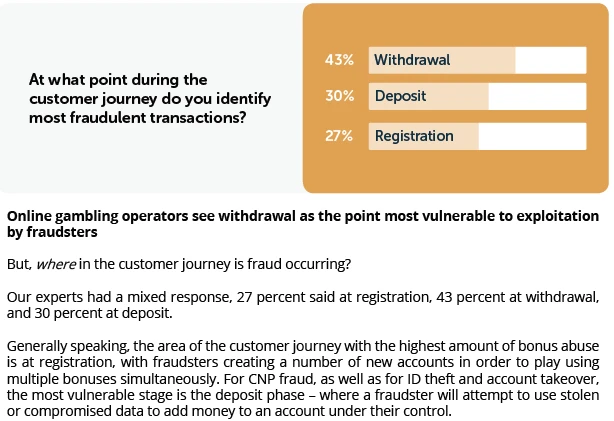iGaming Business looks at the key takeaways from Akamai’s latest white paper on how cloud technology fits into the gambling industry
Cloud technology has become part of everyday life for many of us. Whether it’s to store our own data, or as part of video streaming, banking or e-mail solutions, we interact with the cloud in many ways.
While exciting on a global scale, cloud technologies pose many significant challenges for the gambling industry.
In a recent white paper from Akamai, titled “Gambling and the cloud: Securing the future”, the cloud security solutions provider discusses how the industry can best approach the technology, and what the benefits may be.
From homegrown to the cloud
The whitepaper begins by noting the legacy challenges that operators face as a result of their early entry to the online space: “Many firms launched their online businesses using in-house, on-premises platforms and applications, often because they couldn’t find standard solutions that address unique needs in security and critical transactions.”
While initially this granted operators more ownership over their systems and data, as well as easier compliance with regulatory requirements, as time has progressed, these systems can have limitations when used at scale in today’s igaming landscape.
Akamai notes that these challenges typically fall into three categories – a lack of flexibility and extensibility, a constant need to review security and risks to performance and reliability.
Cloud technology is often touted as the solution to such limitations, as it negates the need for many of the complex hardware legacy systems require, and also offer cost savings to operators.
Expanding on this opportunity, Paul Jackson, senior manager at Akamai, says: “Cloud means many things to many people – but typically allows flexible growth, modern development environments and less reliance on onsite hardware”
Additionally, cloud technology can serve operators by helping them meet demands on some of their key priorities, such as performance and customer security.
 Limiting the limitless
Limiting the limitless
Despite these benefits for the industry, security and cloud outages remain a concern, and with increasingly sophisticated hacking threats such as DDoS and credential stuffing, keeping ahead of bad actors is critical.
As part of this white paper, Akamai produced a hierarchy of needs specifically for securing the cloud to help businesses understand the most effective methodology for protecting themselves against cyber threats (see left).
Commenting on this, Jackson says: “Like Maslow’s original hierarchy of needs, as you satisfy one level of cloud security, you move up to the next. Naturally, this gets harder as you get further up, and few firms will be able to make it to the top without a sustained effort over time.”
The white paper goes into further detail about how each of these unique threats presents themselves in the gambling industry, with a view that real-time tools are the most effective way to achieve the most secure technology stack possible: “As these layers stack up, so does the processing and administrative overhead; efficiency can be increased by expanding processing capacity and redundancy, relying on partner organisations, and vetting potential bottlenecks.”
Making the cloud work
As the white paper notes, there are also unique challenges the industry must address that others may not face.
Akamai says the strengths of cloud technologies lie in what the company calls its “anywhere, anytime power”. However, by nature of the gambling industry, this power is limited by regulatory requirements, Akamai says.
Many regulatory infrastructures require operators to keep data tied to certain geographies. Akamai notes the burgeoning US market as a prime example of this, noting: “the fledgling US online betting market is already recreating its own versions of these restrictions on data flow — which will vary hugely by state — so this isn’t just a legacy issue.”
In this sense, gambling firms cannot fully capitalise on the benefits of the cloud when it comes to cost savings, scalability and flexibility.
What Akamai recommends is instead moving a portion of online services to the cloud and creating a hybrid solution, which still enables operators to reap the benefits of easier partner and developer integration, better security and easier integration during M&A processes.
Additionally, as real-money transactions pose no challenges, companies offering daily fantasy or social betting offerings can use the cloud more flexibly.
By observing the IT journey of financial services that have (and still are) migrating to the cloud, gambling firms can learn more about how crafting a cloud solution that suits an industry’s unique needs can allow businesses to direct their focus to what matters most – providing their customers with the best possible experience and products.


 Limiting the limitless
Limiting the limitless